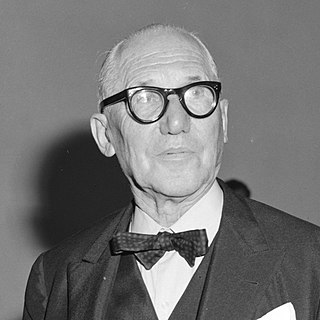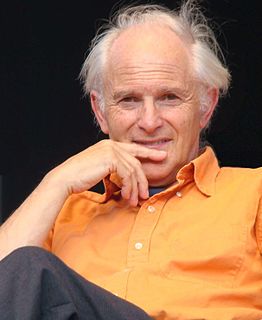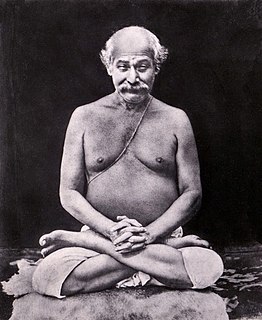A Quote by Honore de Balzac
It is beyond a doubt that during the sixteenth century, and the years immediately preceding and following it, poisoning had been brought to a pitch of perfection which remains unknown to modern chemistry, but which is indisputably proved by history. Italy, the cradle of modern science, was at that time, the inventor and mistress of these secrets, many of which are lost.
Related Quotes
Industrial Society is not merely one containing 'industry,' large-scale productive units capable of supplying man's material needs in a way which can eliminate poverty: it is also a society in which knowledge plays a part wholly different from that which it played in earlier social forms, and which indeed possesses a quite different type of knowledge. Modern science is inconceivable outside an industrial society: but modern industrial society is equally inconceivable without modern science. Roughly, science is the mode of cognition of industrial society, and industry is the ecology of science.
In the desert you become a discoverer. You discover your soul, which had been submerged in vain pursuits, which had been lost in the coils and toils of modern life. You discover your kinship with nature and man, which is evoked by the naturalness and the gentle humanity of the natives of the desert, and you will also discover God.
It was a magic caused by the collision of modern methods and old ones; modern history and ancient; accessibility and isolation. And it was a magic which could only strike spark about that time. A few years earlier, from the point of view of aircraft alone, it would have been impossible to reach these places; a few later, and there will be no such isolation.
I, like almost all chemists I know, was also attracted by the smells and bangs that endowed chemistry with that slight but charismatic element of danger which is now banned from the classroom. I agree with those of us who feel that the wimpish chemistry training that schools are now forced to adopt is one possible reason that chemistry is no longer attracting as many talented and adventurous youngsters as it once did. If the decline in hands-on science education is not redressed, I doubt that we shall survive the 21st century.
The theory of free speech, that truth is so much larger and stranger and more many-sided than we know of, that it is very much better at all costs to hear everyone's account of it, is a theory which has been justified on the whole by experiment, but which remains a very daring and even a very surprising theory. It is really one of the great discoveries of the modern time.
Kriya is an ancient science,” Yogananda writes. Mahavatar Babaji rediscovered and clarified the technique after it had been lost in the Dark Ages. Babaji revealed to Lahiri Mahasaya: “The Kriya Yoga which I am giving to the world through you in this nineteenth century is a revival of the same science which Krishna gave, millenniums ago, to Arjuna, and which was later known to Patanjali, and to Christ, St. John, St. Paul, and other disciples.
I try to make art which celebrates doubt and uncertainty. Which provokes answers but doesn't give them. Which withholds absolute meaning by incorporating parasite meanings. Which suspends meaning while perpetually dispatching you toward interpretation, urging you beyond dogmatism, beyond doctrine, beyond ideology, beyond authority.
In the American hemisphere the cause of freedom and independence has continued to prevail, and if signalized by none of those splendid triumphs which had crowned with glory some of the preceding years it has only been from the banishment of all external force against which the struggle had been maintained. The shout of victory has been superseded by the expulsion of the enemy over whom it could have been achieved.






































